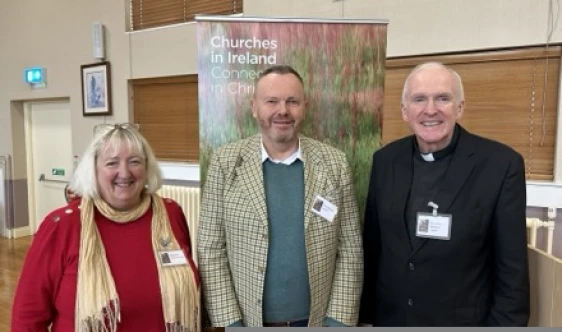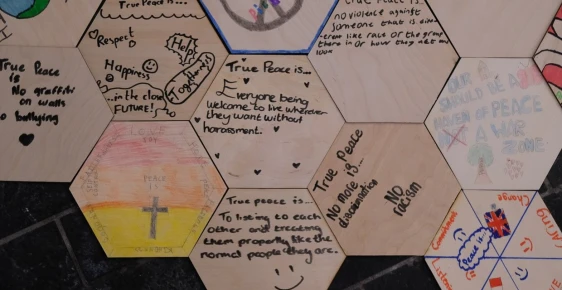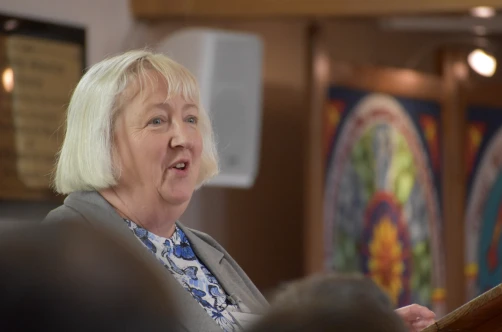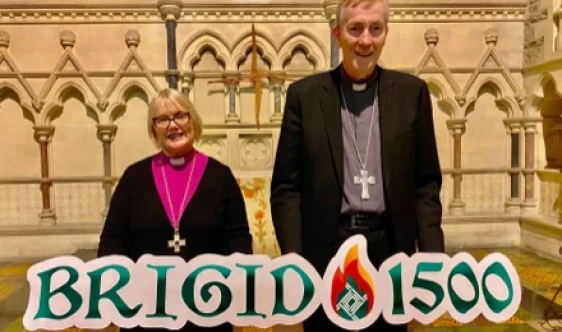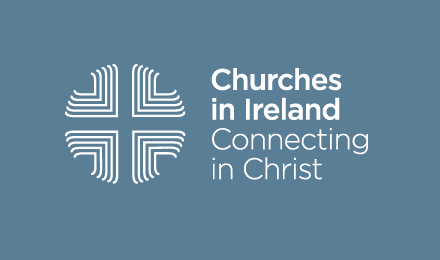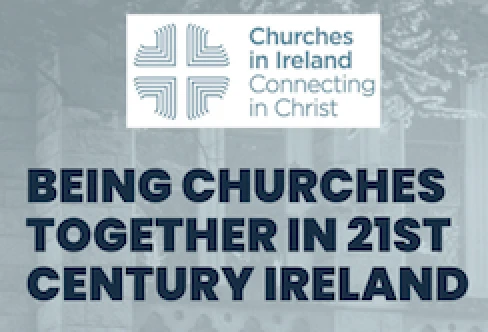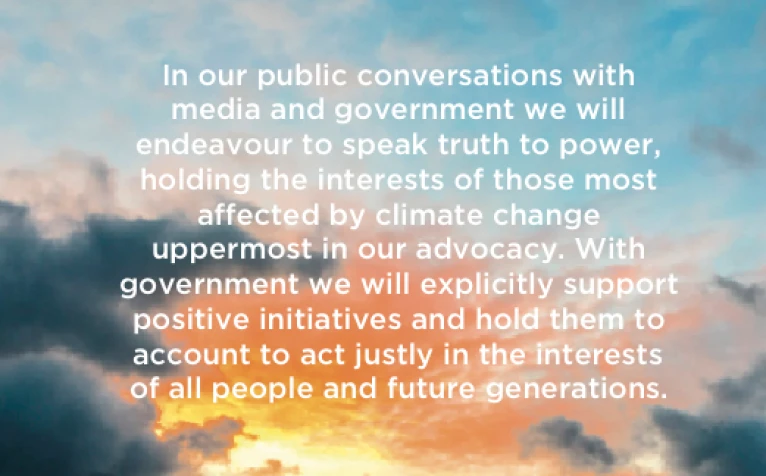
What does it mean to ‘Speak Truth to Power’ in a Climate Emergency?
Greta Thunberg, the sixteen–year–old Swedish girl who started the youth climate strike movement, has been in the social media firing line lately. Greta has a very simple and effective mantra: speak the scientific truth to power – “unite behind the science”. The science of climate change is alarming. The events of summer 2019 have shocked even the most well qualified climate scientists. The summer has brought dramatic melting of the Greenland ice–sheet, unprecedented heatwaves in Europe, a ring of fire in the Arctic Circle, and burgeoning methane lakes in Siberia. Most recently, the world has watched on as horrific fires in the Amazon rainforest burn uncontrolled. These fires driven by disastrous economic and political policies underpinned by a deep populist denial of climate change. Scientists have warned that the likelihood of irreversible feedback loops has increased dramatically in the past few months. This means that what is lost now is never coming back. The changes are permanent. In the words of campaigner Bill McKibben, when it comes to climate change ‘winning slowly is another way of losing.’ At present, the world is losing the climate change battle. Many countries, including Ireland, have called climate emergencies, but seem in a quandary about the implications. This is the truth that Greta speaks of to those in power.
In light of this climate affirmation, Irish churches must now question what it means to ‘speak truth to power’ for faith organisations? What does ‘advocacy’ look like in the face of such urgency? What can be expected if churches challenge the status quo? To do this it is worth reflecting on the shifting public reaction to the climate strike movement started by Greta. For many months the mainstream press ignored the actions of the climate strikers. For the most part, the young people striking were a curiosity. Many perhaps thought it was a passing fad or an excuse to get out of attending school on Fridays.
However, seeing the thousands of people now following Greta and taking to the streets to demand climate action, powerful media outlets are now gunning for her and her followers. If you search her name online, it is clear that there is now an orchestrated attempt to slander her reputation and to incite others to hate her. Various outlets are attempting to pin her work to some great conspiracy, suggest she is a puppet of some philanthropist, or profiting from her work. Some have even taken scurrilous pot shots at her Asperger’s diagnosis to try to discredit her. Aaron Banks, the multi–millionaire businessman founder of the leave.EU Brexit group, tweeted “Freak yachting accidents do happen in August…” as Greta set off in a sailboat to the UN Climate Summit in New York. His tweet reflects the growing irritation of the powerful that this demure young woman, armed only with the scientific truth, is a growing threat to the status quo. Essentially, their aim is to distract from the urgent action to stem the threat of rising greenhouse gas emissions. In the coming months, as the great wave of climate uprising continues against the backdrop of Brexit, Brazil and US Presidential elections, attempts to discredit and sow fear will become ever more frequent.
Given the urgency of the climate crisis, and its irreversible consequences, as churches we must think very deeply about what it means to ‘hold government account to act justly’. The days of assuming that ‘advocating’ means in comfortable meeting rooms or simply writing well–crafted briefing papers and posting them to ministers are, perhaps, over. Simply asking polite questions or engaging in ‘insider’ advocacy is no longer adequate to the task. Like Greta and her many allies, as people of faith, we must be prepared to do far more publicly to call out injustice and advocate for robust and timely action. This may mean joining the peaceful (but noisy!) Friday protests in inter–generational solidarity with younger generations. In the interests of the common good, it may also mean being prepared to name the thorny policy issues like our ongoing reliance on beef and dairy farming. It means calling out the fossil fuel industry and divesting Church investments from planetary destruction. Such actions will not be popular with everyone, but speak truth to power through bold actions, as well as words.
This is the price of taking truth to power. It is about literally standing on the side of those impacted by climate change both now and the future generations. The simple act of standing together in defiance, holding hands in solidarity, is a prophetic witness. It also helps to heal divisions and build hope. In fact, it is the litmus test of being a prophetic voice. History teaches us that those who challenge unjust power structures and face down the status quo pay a price for their courage. Exposing the truth when the wealth of many rests on silence, is bound to provoke an angry reaction. Many who expose uncomfortable truths, like Jesus, pay with their lives. Yet true social movements arise when specific individuals are prepared to take those risks. It happens when people move beyond the corridors of power and challenge injustice by putting themselves on the line. It happens when ordinary people are prepared to engage in peaceful protest and non–violent disruption. This means being ready to pay a high price of speaking truth to power.
